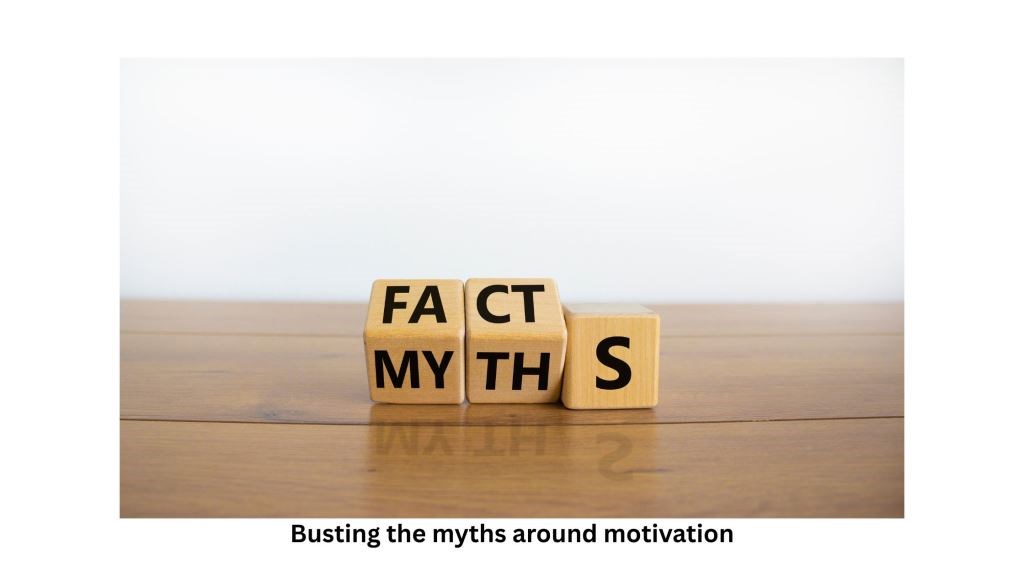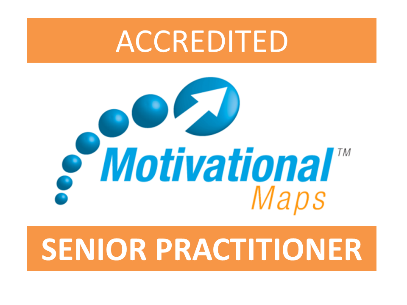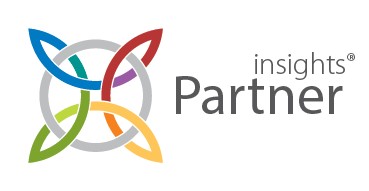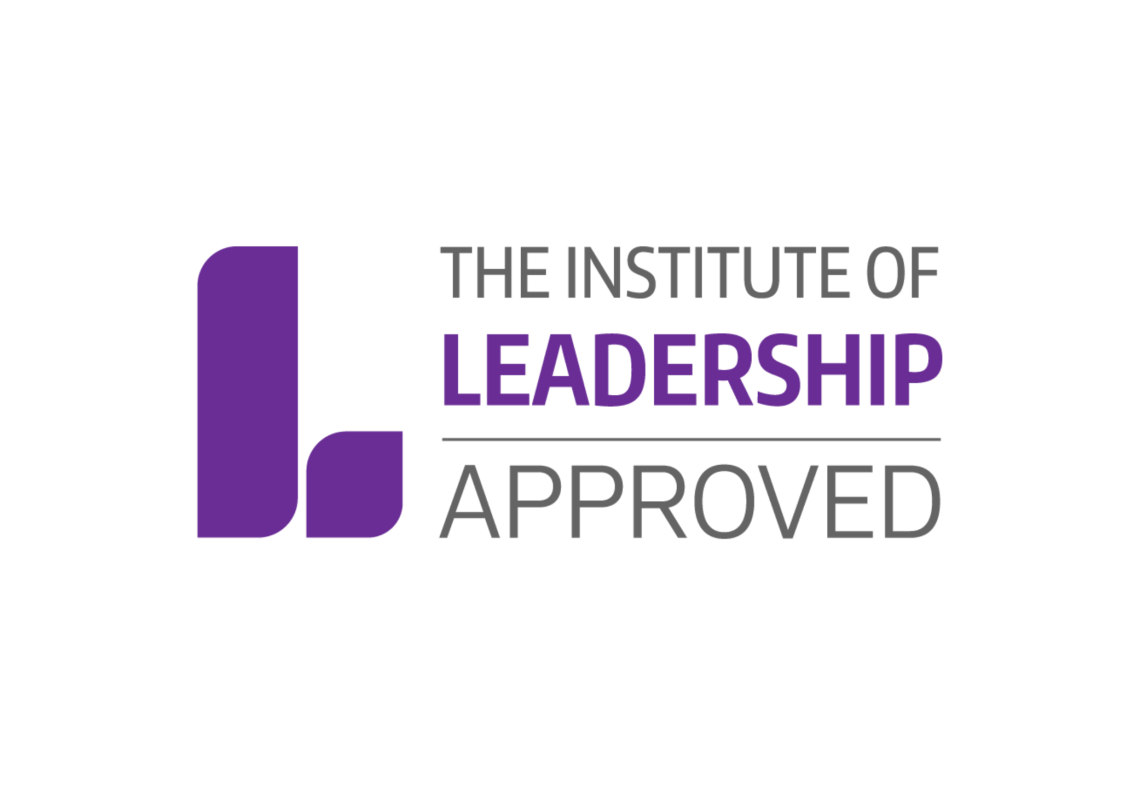Here’s a breakdown of the most common myths about motivation that practitioners encounter. Each one includes a brief explanation and a practical reframe, based on what we know from Motivational Maps® and motivation science.
?? 1. "Motivation is fixed — it doesn’t change."
The Myth: Motivation is a static trait — people either have it or they don’t.
The Truth: Motivation is dynamic. Life events, role changes, stress or leadership shifts all affect it. That’s why Maps are a snapshot, not a permanent label.
Reframe: Motivation must be monitored and nurtured — not assumed.
?? 2. "Money is the best motivator."
The Myth: Pay more, get more effort.
The Truth: For some, yes — but many are more driven by purpose, autonomy or recognition. Long-term motivation depends on deeper, intrinsic drivers.
Reframe: Know your people’s core motivators — rewards aren’t one-size-fits-all.
??? 3. "People are motivated by what they’re good at."
The Myth: Strength = motivation.
The Truth: People can be great at tasks that drain them. Skill doesn’t always align with energy.
Reframe: Don’t confuse ability with desire — motivation is personal.
? 4. "High performers are always highly motivated."
The Myth: Great results = high energy.
The Truth: Many top performers push through low motivation using discipline or pressure. That’s not sustainable.
Reframe: Motivation is the fuel, not just the output — check under the hood.
?? 5. "Everyone is motivated by the same things."
The Myth: There’s a universal formula for motivation.
The Truth: Motivation is wildly personal. What excites one person may stress out another.
Reframe: One-size-fits-all motivation doesn’t work — tailor your approach.
?? 6. "Low motivation means the person is the problem."
The Myth: Lack of motivation = laziness.
The Truth: More often, it’s a mismatch between a person’s motivators and their environment.
Reframe: Diagnose the context — not the person.
?? 7. "Conflicting motivators are bad."
The Myth: Mixed motivators signal confusion or inconsistency.
The Truth: Having internal tension is human. It can create adaptability and insight — if you’re aware of it.
Reframe: Tension isn’t dysfunction — it’s data.
?? 8. "We can just ask people what motivates them."
The Myth: A good chat is all you need.
The Truth: People often don’t know — or can’t clearly express — what really drives them.
Reframe: Tools like Motivational Maps help reveal what conversation can miss.
?? 9. "Personality profiles explain motivation."
The Myth: If you know someone’s type, you know what drives them.
The Truth: Personality tells you how someone behaves. Motivation tells you why. Tools like Insights Discovery® and Motivational Maps® work best together.
Reframe: Don’t choose between personality and motivation — understand both.
Let us know what you think? We'd love to hear what myths you've come across...






CONNECT WITH US!